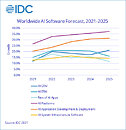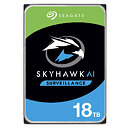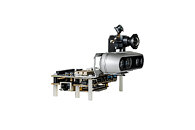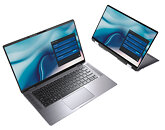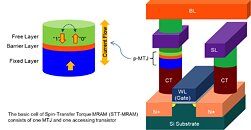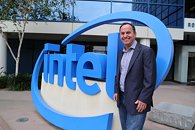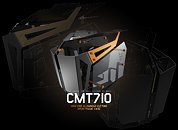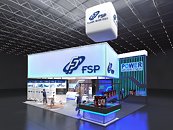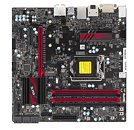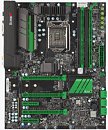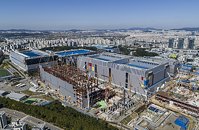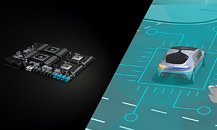Lightelligence's Optical Processor Outperforms GPUs by 100 Times in Some of The Hardest Math Problems
Optical computing has been the research topic of many startups and tech companies like Intel and IBM, searching for the practical approach to bring a new way of computing. However, the most innovative solutions often come out of startups and today is no exception. According to the report from EETimes, optical computing startup Lightelligence has developed a processor that outperforms regular GPUs by 100 times in calculating some of the most challenging mathematical problems. As the report indicates, the Photonic Arithmetic Computing Engine (PACE) from Lightelligence manages to outperform regular GPUs, like NVIDIA's GeForce RTX 3080, by almost 100 times in the NP-complete class of problems.
More precisely, the PACE accelerator was tackling the Ising model, an example of a thermodynamic system used for understanding phase transitions, and it achieved some impressive results. Compared to the RTX 3080, it reached 100 times greater speed-up. All of that was performed using 12,000 optical devices integrated onto a circuit and running at 1 GHz frequency. Compared to the purpose-built Toshiba's simulated bifurcation machine based on FPGAs, the PACE still outperforms this system designed to tackle the Ising mathematical computation by 25 times. The PACE chip uses standard silicon photonics integration of Mach-Zehnder Interferometer (MZI) for computing and MEMS to change the waveguide shape in the MZI.
More precisely, the PACE accelerator was tackling the Ising model, an example of a thermodynamic system used for understanding phase transitions, and it achieved some impressive results. Compared to the RTX 3080, it reached 100 times greater speed-up. All of that was performed using 12,000 optical devices integrated onto a circuit and running at 1 GHz frequency. Compared to the purpose-built Toshiba's simulated bifurcation machine based on FPGAs, the PACE still outperforms this system designed to tackle the Ising mathematical computation by 25 times. The PACE chip uses standard silicon photonics integration of Mach-Zehnder Interferometer (MZI) for computing and MEMS to change the waveguide shape in the MZI.













